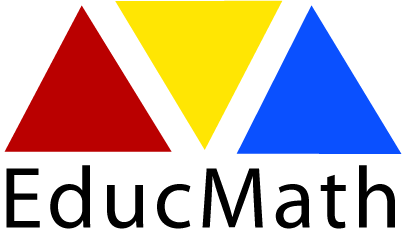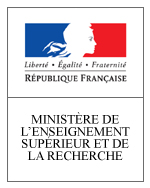JEN.lab - Learning with Digital Epistemic Games
Uses – Technologies -Methodologies. Funfings : Programme ANR Apprentissage 2013
In a context marked by the necessity of developing the attractiveness of training courses, receiving new types of learners and designing learning systems that help to develop skills rather than strictly disciplinary knowledge, digital epistemic games come up as an alternative pedagogy to traditional approaches. Epistemic games are playful and authentic learning situations that lead the learner to solve complex and non-determinist issues. These games are based on simulation, augmented reality and tangible interfaces in order to design authentic learning situations in terms of interactions enabled. They aim at developing the learner’s capacity to mobilize a number of various resources (knowledge and skill sets) in a given context and his/her ability to reflect on this approach as well as on the learner’s capacity to reorganize of these resources. Thus, from a pedagogical point of view, epistemic games rely on a skills-based approach. They are also based on the use of mobile systems and collaborative platforms that allow time and educative spaces to be flexible. These technopedagogical tools are pervasive and persisting. The playful dimension of epistemic games help addres issues of player/learner’s commitment, motivation, autonomy, perseverance and satisfaction.
JEN.lab project deals with the design and use of epistemic games in education and training, thus placing it in the second phase of ANR call for proposals: “new practices, new tools for education and training”. The purposes of the project are primarily pragmatic. The idea is to co-design three epistemic games that will be experimented in ecological conditions and will spread in practice environments. Methodology relies on an incubator that allows the final user to get involved into the design. Secondary educational contexts and professional training contexts are targeted. The goals are also heuristic: developing an epistemic game model both in terms of the interactions that are developed and the artifacts that channel these interactions. The question raised is the following: what does learning mean within the framework of an epistemic game? There is also a third, novel methodological goal consisting of the articulation of the analyses applied during the initial design phases with the digital learning trace tracking of large cohorts of learners during the implementation phase.
The consortium gathered for this project off reflects its interdisciplinarity. Three academic partners are involved: ENS of Lyon is the project coordinator. This ENS is represented by two laboratories possessing expertise in epistemic games and the analysis of epistemic and multimodal interactions (EducTice-S2HEP and ICAR). The ENS also represents a group of schools where teachers are committed to collaboration with the ENS throughout the design, implementation and circulation phases of the project. The consortium is also includes two computer laboratories. LIRIS will concentrate on aspects related to serious game design, to augmented reality, to mixed reality and to human computer interaction. LIUM is recognized for its expertise in user-focused TEL engineering and the collection/analysis of learning tracks. Symetrix is private company included focus on professional training issues. Two partners abroad are also associated to this project: University of Madison-Wisconsin the Wisconsin Center for Educational Research (Shaffer group) for their work dealing with epistemic games and following learners, and Ecole Polytechnique Fédérale in Lausanne (CRAFT laboratory) for their expertise on tangible interfaces and mixed realities.









